CALL US TODAY ·
07931372778
Tax Planning
Tax Planning
Book Appointment
Tax Planning Services Tailored For You
Most of us face being taxed on our income, our capital gains, and in some circumstances the value of our estate when we die. Taxation can be very complicated and the rules, reliefs and allowances often change, so it is worth obtaining a clear grasp of how these taxes work by discussing with a professional financial adviser the most efficient way to arrange your finances. An expert will be able to help you plan your taxes in advance, and come up with effective strategies that will use the lawful reliefs and allowances to minimise the amount you have to pay.
By understanding how taxation works, you should be better prepared to manage your finances and you could save money in the long run. One thing can be said for all forms of tax: if you do nothing, it is highly likely that you will end up paying more to the Government than you actually need to do.
The Financial Conduct Authority do not regulate tax and estate planning.
Inheritance Tax Planning
Once we have reviewed your assets and circumstances, we will work with you to find the most effective IHT (Inheritance Tax) Planning. Having worked hard to create your wealth it is natural for you to want to pass it on to the next generation.
We can provide qualified professional assistance to position and plan the management of your estate to reduce or negate any IHT liability for your heirs. We have expert knowledge of the range of options listed below which can be employed to optimise the transfer of wealth to the next generation.
Inheritance tax/Estate Planning Is not regulated by the Financial Conduct Authority.
Capital Gains Tax
CGT (Capital Gains Tax) is a tax on capital 'gains'. If when you sell or give away an asset it has increased in value, you may be taxed on the 'gain' (profit). This doesn't apply when you sell personal belongings worth £6,000 or less or, in most cases, your main home.
You may have to pay CGT if, for example, you:
• sell, give away, exchange or otherwise dispose of (cease to own) an asset or part of an asset
• receive money from an asset - for example compensation for a damaged asset
You don't have to pay CGT on:
• your car
• your main home - provided certain conditions are met
• ISAs
• UK Government gilts (bonds)
• personal belongings individually worth £6,000 or less when you sell them
• betting, lottery or pools winnings
• money which forms part of your income for income tax purposes
Income Tax
The self-employed can claim business expenses against their income. So make sure you include all possible justifiable business expenses on your self-assessment form. This also applies to capital allowances for expenditure on plant and equipment, including computers and tools, for example, used for your business.
It is worth remembering you may be able to pay further contributions to your pension, which can utilise unused tax relief.
Since its introduction in 1990, Gift Aid allows taxpayers to receive tax relief on gifts made to qualifying charities.
One other point to remember is if one spouse is a tax payer and the other is not or pays tax at a lower rate it is worth considering switching certain investments to take advantage of their unused tax allowances.

"Experienced, knowledgeable with an excellent service"

Address
Savile Row Financial Services Ltd, Spaces, The Charter Building, Uxbridge, UB8 1JG
Savile Row Financial Services Ltd | Registered in England and Wales | Registration Number: 11938319 | Registered Address: 11 Merlins Court, 30 Margery, London, WC1X 0JG | Savile Row Financial Services Limited is an appointed representative of Quilter Financial Services Limited and Quilter Mortgage Planning Limited which are authorised and regulated by the Financial Conduct Authority. | Quilter Financial Services Limited and Quilter Mortgage Planning Limited are entered on the FCA register (https://register.fca.org.uk/s/) under reference 440703 and 440718.
The guidance and/or information contained within this website is subject to the UK regulatory regime and is therefore targeted at consumers based in the UK.
The Financial Conduct Authority do not regulate tax planning.
You are now departing from the regulatory site of Savile Row Financial Services Ltd. Neither Savile Row Financial Services Ltd Nor Quilter Financial Planning are responsible for the accuracy of the information contained within the linked site.
